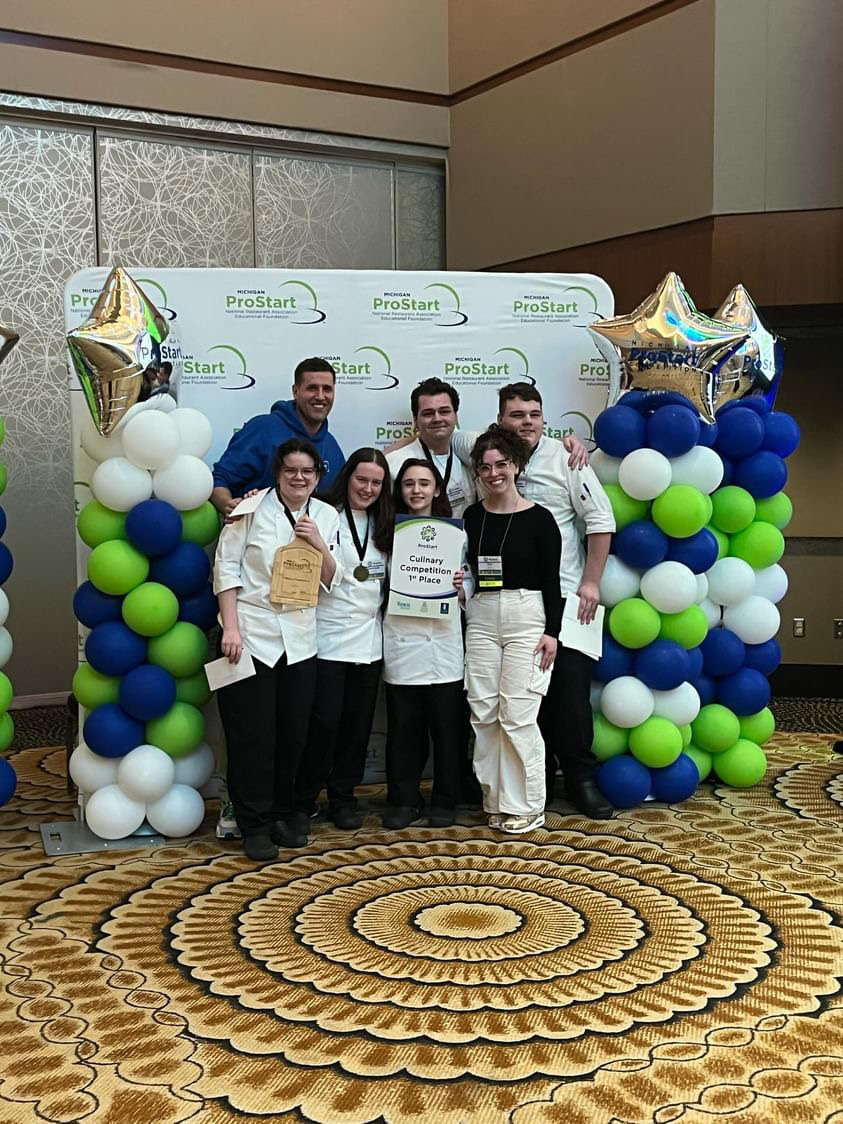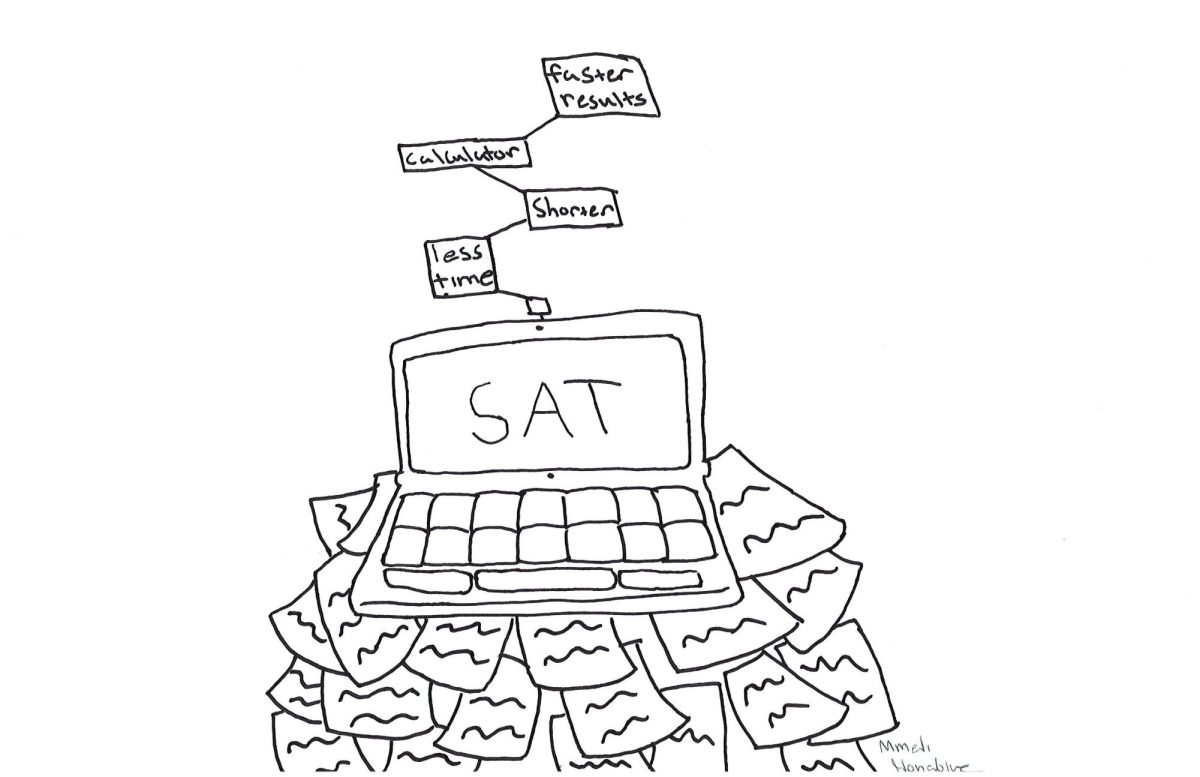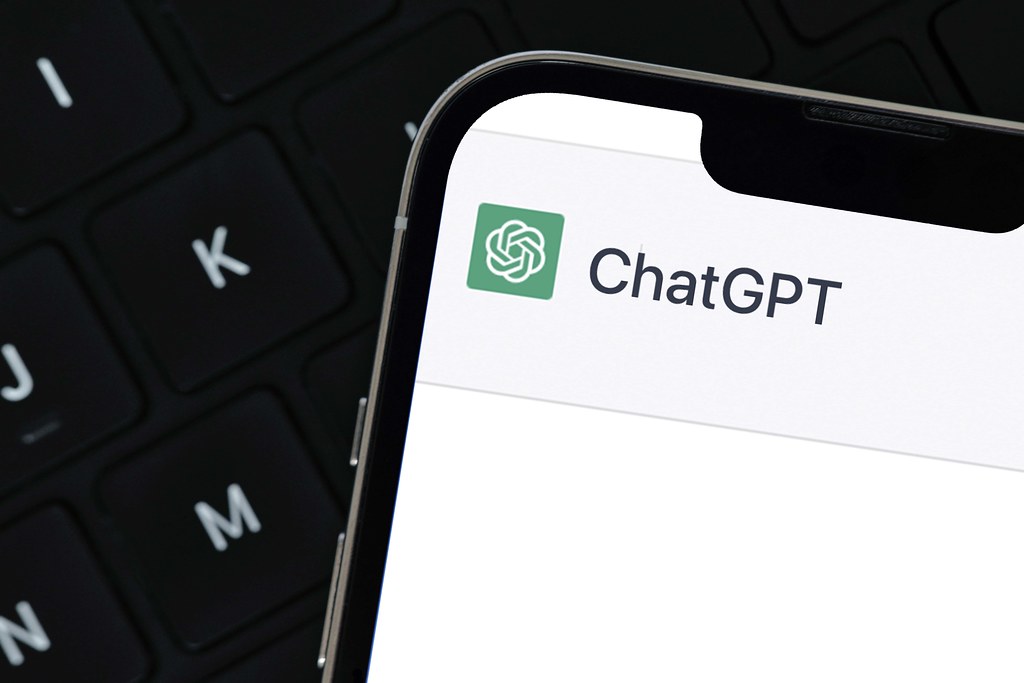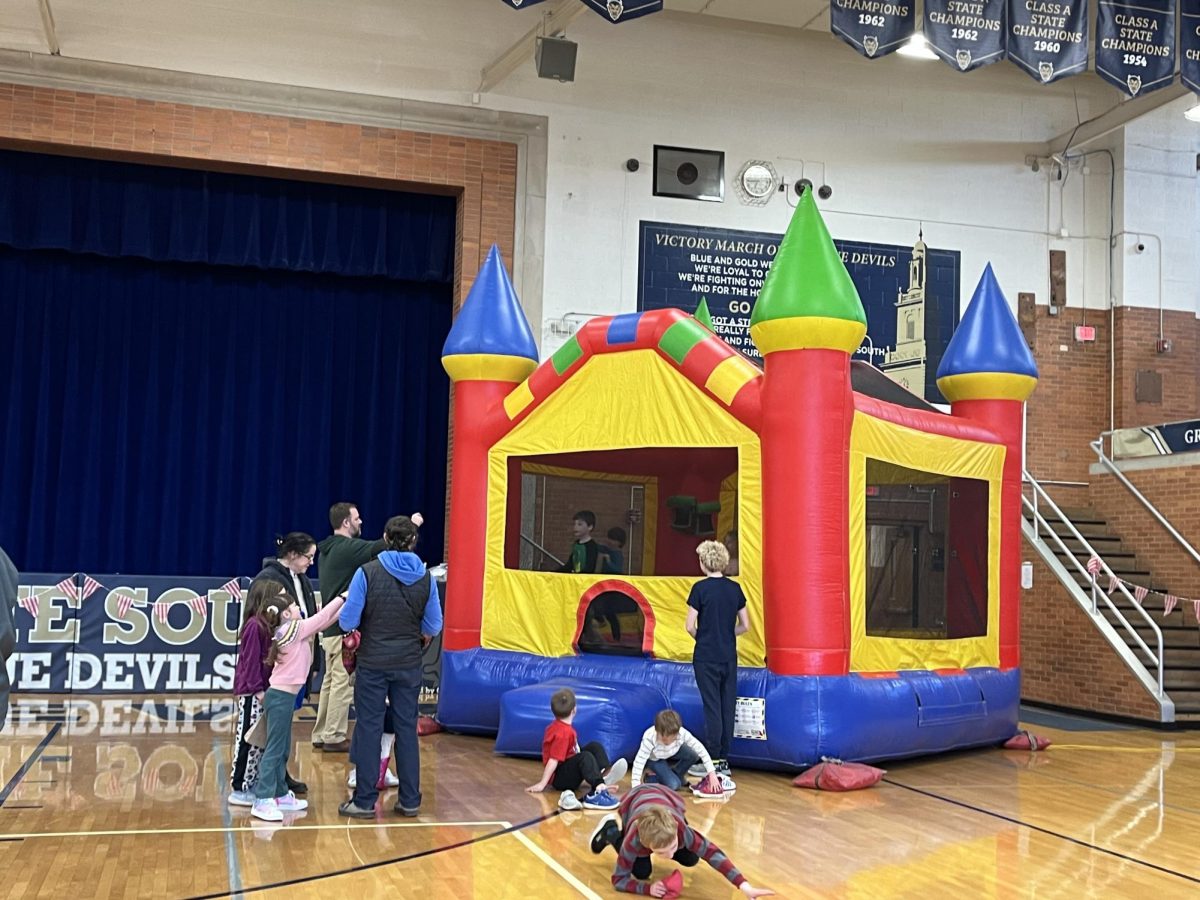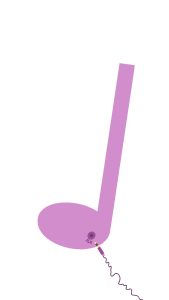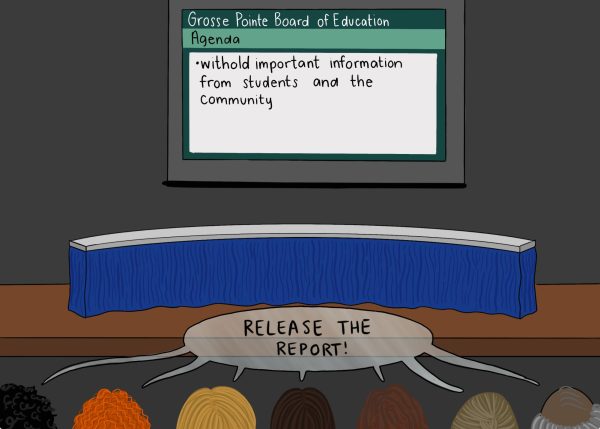Prepping for AP testing
May 3, 2020
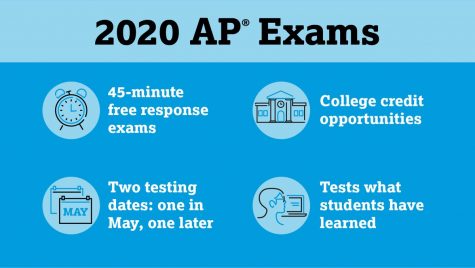
Due to the recent changes in learning environments around the country, the College Board has changed the format of its Advanced Placement (AP) exams in order to accommodate stay-at-home orders and social distancing norms.
This year, all AP exams will be taken online. In addition to this change, the exams are also being shortened– they will be 45 minutes long instead of their usual three hours, and the tests will be solely comprised of free-response questions (FRQs) according to Senior Vice President of AP and Instruction Trevor Packer.
“I know some students may feel a little intimidated by a test that is entirely free-response,” AP Psychology teacher Laura Distelrath said. “If students aren’t as comfortable with the free response format, there are lots of additional practice opportunities on College Board. Having more exposure and a greater knowledge of how FRQs are typically scored can help increase their confidence and comfort level.”
Packer said College Board asked over 18,000 students whether they wanted to test this year, and 91 percent of them responded positively.
“Their comments filled 900 pages, noting that so much of what they had been working toward had dissolved: no graduation ceremonies, no prom, no athletic competitions, no senior trips,” Packer said via email. “However, they could still study, could still learn and still wanted to earn college credit through AP Exams.”
Maggie Frost ’20 is taking AP Chemistry this year, and despite this change, said she is still planning to take the AP exam in May and feels prepared for the test.
“With all the resources Mr. Theisen is giving us, I feel more prepared for my AP Chem exam than I have for other AP classes that I have taken in the past,” Frost said.
Although Distelrath believes “you can never replace the experience of in-person instruction,” she said she is recording her lectures, hosting Google Hangout meetings and being available through office hours and discussion boards, as well as virtual review sessions.
“We’ve collaborated with 65 AP teachers from across the country to offer students access to all-day learning,” Packer said via email. “Since launch (on March 25), we’ve shared more than 730 AP classes and review sessions, organized into 38 playlists, one for each of the AP courses. On April 20, CollegeBoard also launched AP “master classes,” where luminaries from different industries and disciplines join AP teachers to lead these courses.”
Frost said she is reviewing for the AP Chemistry test by utilizing the resources her teacher has provided to the class, including tips for the test, powerpoints and FRQ practice problems with a different topic to review each day.
“For AP Psychology, there are a ton of resources on our Schoology review course page,” Distelrath said. “If students haven’t, they should definitely check out the notes and practice vocab quizzes that are available to them. While I understand a student preferring their own notes, organized in their own style, these resources are an excellent second choice option, given the circumstances.”
According to Packer, AP tests can be taken from any device they have access to, and students can also submit a photo of their handwritten work. For students who don’t have these resources available to them, he said College Board is working to provide Chromebooks, tablets and MiFi devices to all students who need them.
“We’ve purchased most of these devices ourselves, and Amazon is providing the devices for any AP Computer Science students who need them,” Packer said via email. “We have a team of more than 100 staff who have temporarily taken on the assignment of making sure these needs are met and who are calling the students who have reached out to us for support.”
Frost said she feels stressed that she will only have five minutes to upload her answers, but she does think the exam will overall be easier.
“I believe their performance will be influenced by quite a few things,” Distelrath said. “Influenced by things such as their motivation to stay engaged over the next few weeks, their ability to focus while learning new content, reviewing old content and the additional stressors they are experiencing during this time.”




